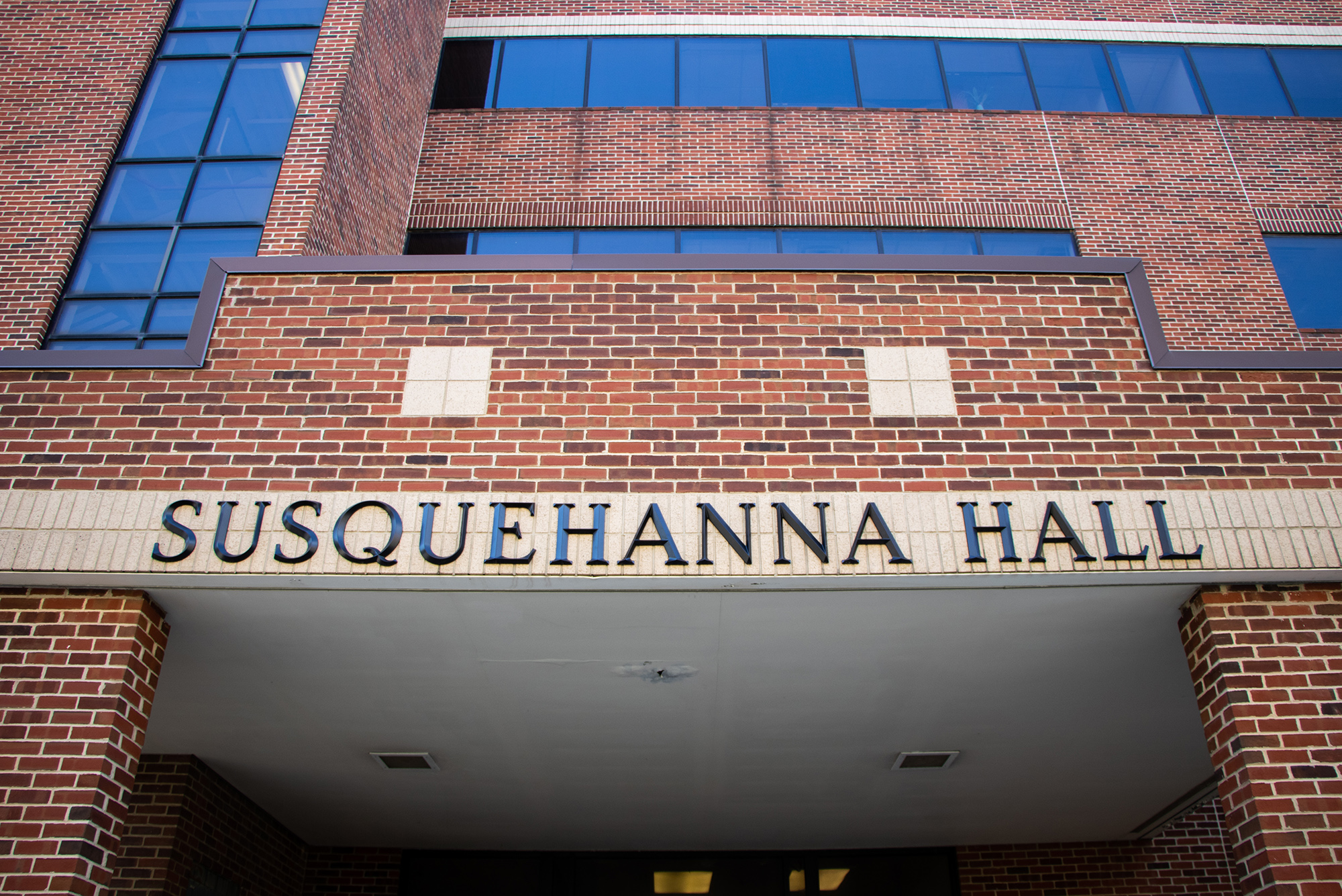The following is a note from Daisy Grant, the editor in chief of The Diamondback, in regard to “UMD needs dedicated sexual misconduct investigators”:
On Feb. 18, The Diamondback published “UMD needs dedicated sexual misconduct investigators,” an opinion column detailing one writer’s views on the responsibilities of the staff of the University of Maryland’s Office of Civil Rights and Sexual Misconduct.
The writer’s argument centered on the claim that OCRSM does not have any investigators who focus specifically on sexual misconduct cases. This is not true. According to an OCRSM official, the office has two investigators completely dedicated to sexual misconduct cases.
The Diamondback expects its columns to be factually accurate and well-reasoned, and this column did not meet our editorial standards. We have left the column up in an effort to maintain transparency. We are taking steps to ensure all columns undergo a more robust editing process going forward. We regret the error.
Views expressed in opinion columns are the author’s own.
The new Biden administration has brought hope for those in the University of Maryland community, who are optimistic it will strengthen Title IX regulations, which prohibit sex discrimination in federally funded institutions and mandate how colleges should handle sexual misconduct cases.
However, the federal government overhauling the damaging Trump-era Title IX policies — such as the requirement that colleges hold live hearings for cross-examination of sexual misconduct survivors — is not enough. This university must go further. The Office of Civil Rights and Sexual Misconduct needs a specialized investigator experienced in cases of sexual misconduct who would have the skills to extensively investigate and produce evidence that would bring victims justice.
Currently, the office only has two senior investigators and two investigators who oversee any violations related to sexual discrimination and misconduct on the campus. This includes anything from sex discrimination in intramural sports to rape.
Some reported instances of sexual misconduct never even receive a full investigation. While there are several reasons sexual misconduct cases do not get the full attention they deserve — such as lack of funding and rape culture in certain pockets of the campus — hiring specialized investigators would be a significant improvement. Restructuring to have investigators who specifically focus on sexual misconduct cases could potentially increase validation from trained responders and encourage victims to file complaints and follow through on investigations, as they would receive more specialized attention from the OCRSM.
According to a 2019 OCRSM document, a “report” is defined as a “potential complaint of sexual misconduct” and a “complaint” is when a student “engages” the university to discuss the incident of sexual misconduct. From 2018 to 2019, there were 248 reported cases of sexual misconduct, 77 complaints and only 14 investigations.
The office states that the university may not investigate every single reported instance of sexual misconduct because the person reporting the case may not want to follow through with an investigation or the university may not have authority over the alleged perpetrator. The report shows that 30 of the 77 complaints occurred on this campus. Any case of sexual misconduct related to this university — whether the relevant parties are affiliated with the university or because the incident occurred on the campus — must receive attention from the OCRSM. Simply stating that the university holds no authority over the alleged perpetrator is a weak excuse, considering the rates at which sexual misconduct complaints are reported on the campus, which is well within the office’s jurisdiction.
The OCRSM must work to structurally reform its current investigative model by hiring investigators to specialize in sexual misconduct cases. These investigators should have plenty of experience conducting interviews with survivors, perpetrators and witnesses of sexual assault. Additionally, specialized investigators should have the knowledge and skills to gather physical and photographic evidence, as well as write a comprehensive Title IX report that could help survivors get the justice they deserve. Specialized sexual misconduct investigators could help increase trust between victims and the office, because they would have the emotional sensitivity required to talk to survivors about their traumatic experiences.
This university is responsible for ensuring that all victims of sexual misconduct related to the university get the justice they deserve. This means taking the necessary steps to restructure the OCRSM and increase trust between victims of sexual misconduct and the university. It is time to stop lumping sexual misconduct cases with discrimination cases by providing victims with dedicated and specialized attention that makes them feel heard and validated. All students deserve to feel safe on the campus, and hiring a specialized sexual misconduct investigator is a step in the right direction.
Laura Phillips-Alvarez is a junior anthropology and government and politics major. She can be reached at lauraphillipsalvarez@gmail.com.
CORRECTION: Due to a columnist error, a previous version of this column incorrectly implied that the OCRSM does not have investigators trained in sexual misconduct cases. OCRSM has four ATIXA-certified investigators, and all four are trained to handle sexual misconduct cases. This column has been updated.



